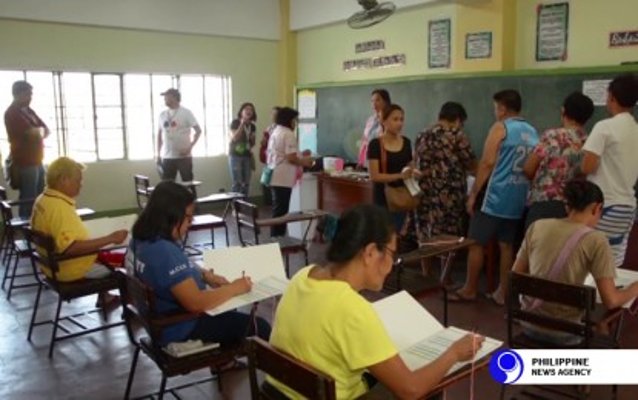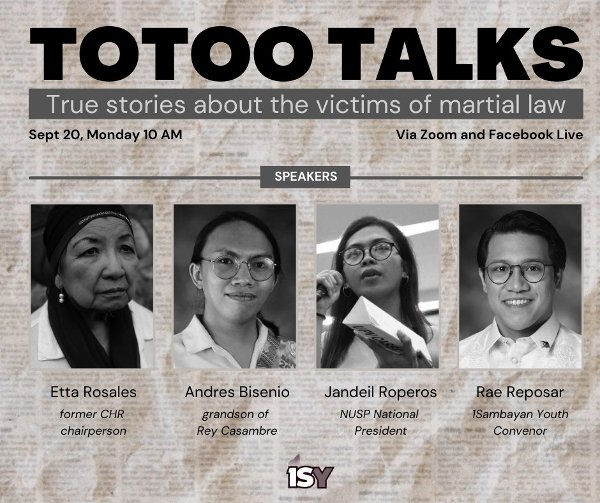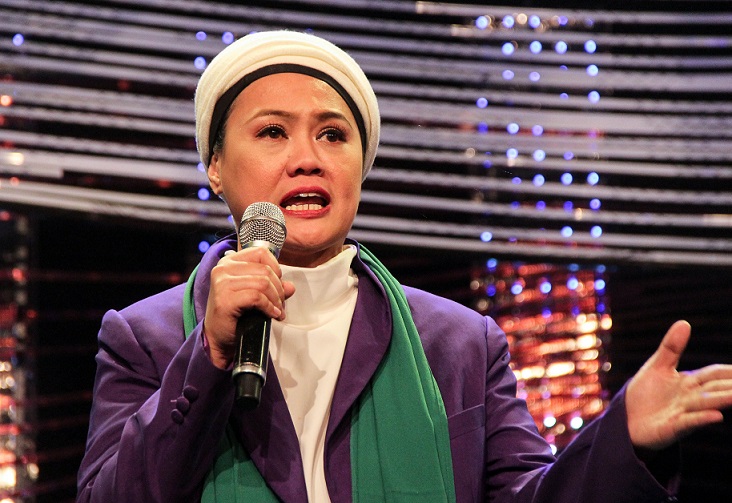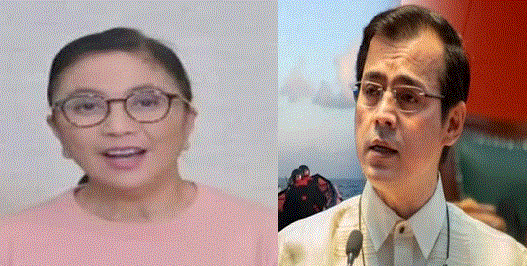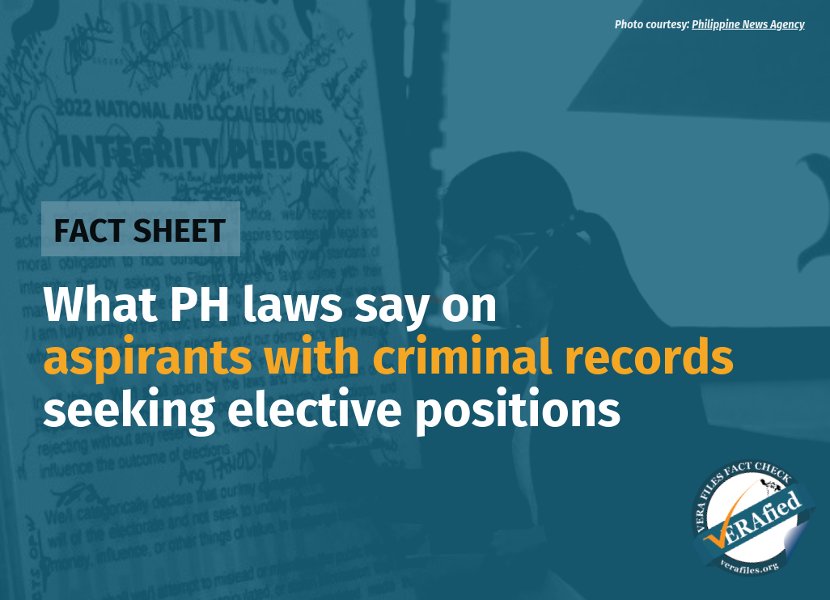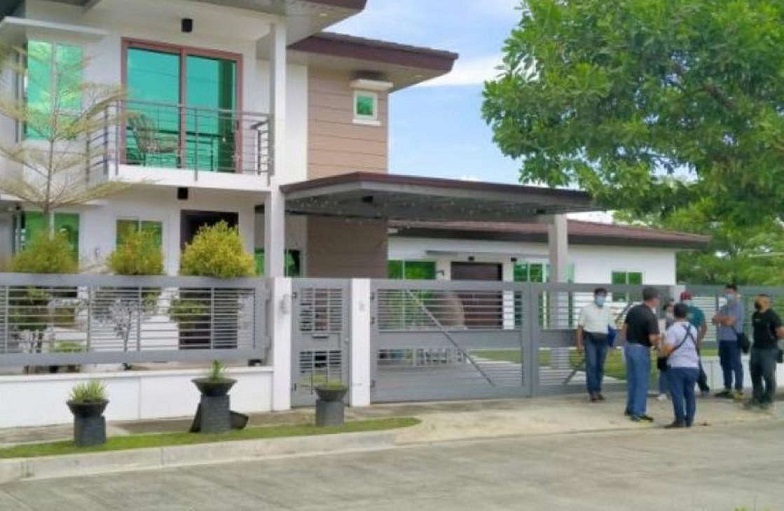Last minute switching of political color and affiliation in the first week of October made it more obvious that political parties and ideologies have become of little consequence in Philippine elections.
Ferdinand “Bongbong” Marcos Jr. jumped from the Nacionalista Party to become chairman of Partido Federal ng Pilipinas (PFP) on the eve of his filing of his certificate of candidacy (CoC) for president on Oct. 6. From 1980, when he became vice governor of Ilocos Norte, he stayed with the Kilusang Bagong Lipunan (KBL), which his father organized in 1978 with defectors from the Nacionalista and Liberal parties, until 2010 when he joined NP for his senatorial bid.
Marcos has not been known as an advocate of federalism, an ideology that his new party has been pushing. In fact, when the Duterte administration was attempting the shift from the present unitary presidential form of government, Marcos cautioned against it, saying the people are not yet ready for it.
Despite his party shifting, Marcos is sticking to the KBL campaign color, which is red.
To date, he has yet to have a running mate and a Senate slate. Speculations are circulating that he may slide down to the vice-presidential slot if Davao City Mayor Sara Duterte-Carpio decides to join the presidential race, or have Duterte-Carpio as his vice-presidential running mate.
On Oct. 7, Vice President Maria Leonor “Leni” Robredo showed up at a press conference to announce her decision to run for president. She was wearing a pink ribbon and face mask, shedding the Liberal Party’s (LP) yellow. She filed her CoC as an independent candidate although she remains chairperson of the LP and her vice-presidential running mate, Sen. Francis “Kiko” Pangilinan, is the LP president.
While adopting pink as her campaign color, Robredo has not really turned her back on the LP, the party of her late husband, Jesse Robredo, who was secretary of the Department of the Interior and Local Government when he died in 2012.
She explained that turning to pink was not at all planned and that it did not mean she was dissociating herself from the LP’s color yellow. Supporters of the Duterte administration derogatorily refer to every critic, LP member or not, as “dilawan.”
Robredo said pink was the color of choice by volunteers who urged her to run. The color, she said, is associated with protest and activism. Her critics accuse her of riding on the motif for breast cancer awareness campaign, which is observed every October.
While Marcos has been quiet over his sudden party switch and political moves, Robredo had to explain even a change in color and her camp’s selection process for positions they have to fill in for the 2022 slate.
Among the top contenders for president in the upcoming elections, Manila Mayor Francisco “Isko Moreno” Domagoso ranks top in political party-hopping, from Asenso Manileño in 2007 when he ran for councilor for the first time, to the Liberal Party in 2010 as vice mayor to then-mayor Alfredo Lim, to Pwersa ng Masang Pilipino as vice mayor to former president Joseph Estrada in 2013, to Grace Poe’s Partido Galing at Puso coalition when he ran for the Senate but lost in 2016. Domagoso is now president and standard-bearer of Aksyon Demokratiko, which was founded by the late senator Raul Roco for his presidential bid in 1998.
Although he has been rating higher in initial surveys among preferred presidential contenders, Domagoso has turned out to be the most vocal critic of Robredo, the only woman candidate for president so far.
Last July, Sen. Panfilo “Ping” Lacson became president of Partido para sa Demokratikong Reporma, a party founded by former Defense secretary Renato de Villa when he bolted the then-ruling Lakas-NUCD when he failed to get its nomination as presidential candidate in the 1998 elections.
After battling for leadership position against allies of President Rodrigo Duterte in the Partido Demokratiko Pilipino-Lakas ng Bayan (PDP-Laban), Sen. Emmanuel “Manny” Pacquiao is seeking the presidency under an alliance composed of his faction in the PDP-Laban, Probinsya Muna Development Initiative and the People’s Champ Movement.
When no less than the presidential aspirants have a history of jumping from one party to another, it seems far-fetched that the country will reach political maturity. Several proposals had been filed in Congress seeking to strengthen the political system, prevent party switching and level the playing field among political parties but these have remained in the back burner.
Many of our political leaders are considered political prostitutes, hopping from one party to another, whichever can give them better concessions.
Party switching happens before and after elections. Before the elections, an aspirant would join any party that would accommodate him. As soon as that party loses in the election, he quickly joins the new ruling party.
Politicians no longer consider ideologies in choosing the political parties to be affiliated with. More often, the primary consideration is personal accommodation and favors he would get from the party.
Once elected to office, many engage in political prostitution, selling their votes to interest groups, making them no different from people being paid for sex. Most of these are candidates who give away money and other dole-outs to win votes. Once in office, they have to make money to recoup their “investments” during the campaign.
For the 2022 elections, let’s scrutinize every candidate and not patronize the political prostitutes who bastardize the electoral exercise.
The views in this column are those of the author and do not necessarily reflect the views of VERA Files.
This column also appeared in The Manila Times.
